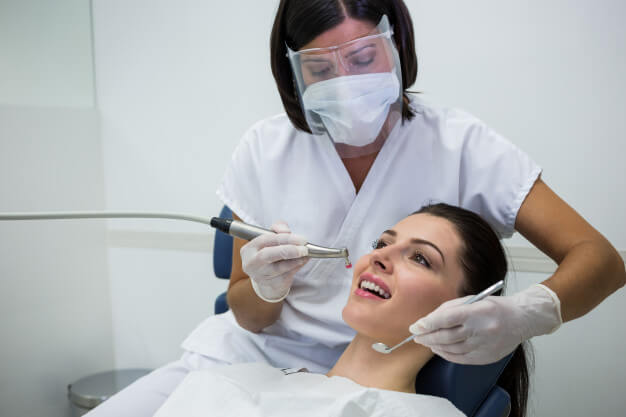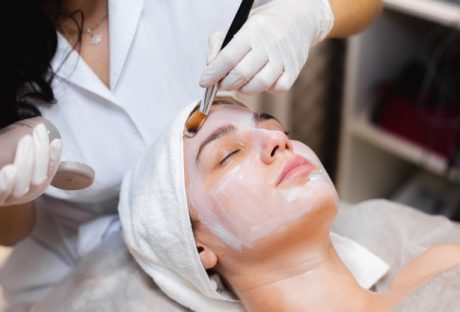Lots of people think that dentists and orthodontists do the same thing. But this is not true in the strictest sense. True, they both deal with dental care in one way or the other, but they actually serve different purposes. As a result, people have no idea who to consult – a dentist or an orthodontist. In simple terms, dentists deal in gums, teeth, nerve endings in the oral cavity, and problems in the jawline. Orthodontists actually specialize in the cosmetic end of dental health. An orthodontist’s area of expertise includes the position of the jawline, bite sizes, occlusions, and straightness of teeth.
The confusion only increases when dealing with children. Any child affected by dental problems is usually too ashamed to tell anyone about their problems and when they do speak up, by that time the disease has already become unbearably painful. During such a situation, it is hardly feasible to run around looking for a cure with no idea as to where one should go for the cure. The best thing to do is to bring the child to a place that provides both services – Perimeter pediatric dentistry and orthodontics.
Here are some of the major differences between a dentist and an orthodontist:
- The Degree: All orthodontists are essentially dentists, but not all dentists are licensed orthodontists. After the dental degree, orthodontists take up further schooling in the stream of specialized dentistry to go even further.
- Expertise: If it comes down to realigning misaligned jaws or teeth, a dentist will refer their patients to an orthodontist. The major ailments that orthodontists take care of are underbites, crossbites, overbites, interdental spaces, and temporomandibular disorders.
- Fees: There is actually not much of a difference between dentists and orthodontists with regard to cost. Orthodontists charge slightly more per session, but the fact is that lots more people consult dentists than they do orthodontists.
Most people just consult a dentist first and if the dentist refers them to an orthodontist, they go to the orthodontist’s clinic. Going for a dental examination at least once every six months is the best policy. It is probably best to do the same for an orthodontist for children or adults who require orthodontic care and realignment. Most people forget about follow-ups and routine checks as well. This is a very bad idea as there are several stages of treatment to any medical practice. Just the immediate alleviation of pain may not be the end of the treatment. Many diseases if left untreated can recur in an even more dangerous and aggravated form. So, it is best to get things done as per the recommended schedule. The more people realize this simple fact, the better off they will be. Visit the near dental specialist today – it could be for anything from a routine cleanup to getting braces installed. The bottom line is that dental care and health matters and should be treated seriously because not all problems can be quelled by brushing and flossing.
Read Also :






















